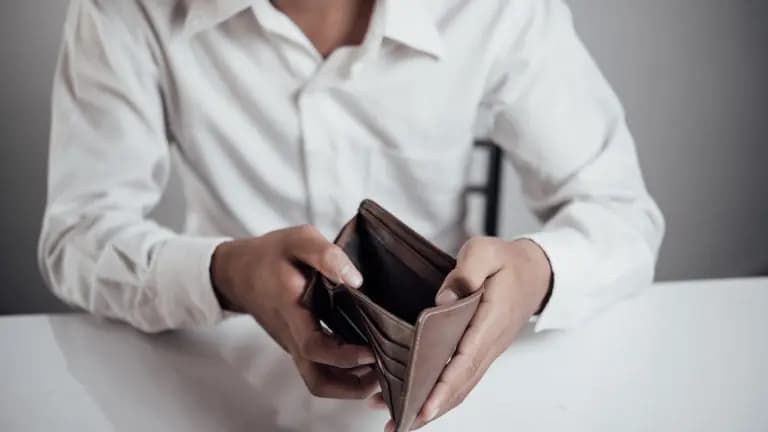Insolvency of a non-trading individual in Colombia

What is Insolvency for Non-Merchant Individuals in Colombia?
What is Insolvency for Non-Merchant Individuals?
A person's financial stability can fluctuate throughout life; there are periods of prosperity and others of resource scarcity. These periods of economic instability can lead to debt, causing individuals to take on more debts to try to solve existing problems, ultimately resulting in a breakdown of their assets and finances.
This is why insolvency for non-merchant individuals emerges in Colombia, a mechanism designed to help good-faith Colombians reach an agreement with their creditors to restructure and settle their debts. Below, we detail what insolvency for non-merchant individuals entails, who can access this mechanism, and its benefits.
What does insolvency for non-merchant individuals allow?
This mechanism allows a non-merchant individual to:
- Negotiate their debts with various creditors to normalize their credit life.
- Validate private agreements reached with their creditors.
- Liquidate their assets.
This mechanism is designed for individuals who, while lacking financial resources, demonstrate an interest in organizing their credit life.

Who can access insolvency for non-merchant individuals?
To access this mechanism, an individual must meet one of the following requirements:
- Have two or more debts or obligations with different entities or other natural persons with a delinquency period of more than 90 days.
- Have two or more executive or collection lawsuits filed against them.
In both cases, the debts must represent less than 50% of the total liabilities. This mechanism is found in Title IV of the Colombian General Code of Procedure, and according to article 532 only applies to non-merchant natural persons. Non-merchant individuals who are part of financial groups or who control commercial companies will be subject to the corporate insolvency law in Colombia of Law 1116 of 2006. The economic activities considered commercial are defined in article 20 of the Colombian Commercial Code.
What can be negotiated in an insolvency for non-merchant individuals?
Debts from the following sources can be negotiated:
- Mortgages, pledges, unsecured loans, and credit card installments.
- Debts with public and private entities, including taxes owed to the National Tax and Customs Directorate (DIAN).
- Rent arrears, overdue utility bills, vehicle installments, or store credit.
- Overdue accounts and payments with cooperatives, schools, or universities.
Benefits of Insolvency for Non-Merchant Individuals
This mechanism does not encourage debt, but rather helps reorganize credit life, offering relief and fair negotiation with creditors. Upon reaching an agreement:
- Legal proceedings against the debtor are suspended.
- The collection of taxes, interest, and seizures is prevented.
- Creditors are prevented from initiating new enforcement proceedings.
The payment term should not exceed 5 years, except for mortgages, where longer terms can be agreed upon. In short, insolvency for non-merchant individuals is a tool to address economic crises, allowing debts to be paid in installments and terms adjusted to the debtor's capabilities. For more information, contact Servicio Legal, experts in Family Law and Civil Law.
Recommended articles
Would you like some advice?
Please fill out the following form, and we will get in touch with you.
- Phone:300 388 4986
- WhatsApp:Click to start your WhatsApp chat
